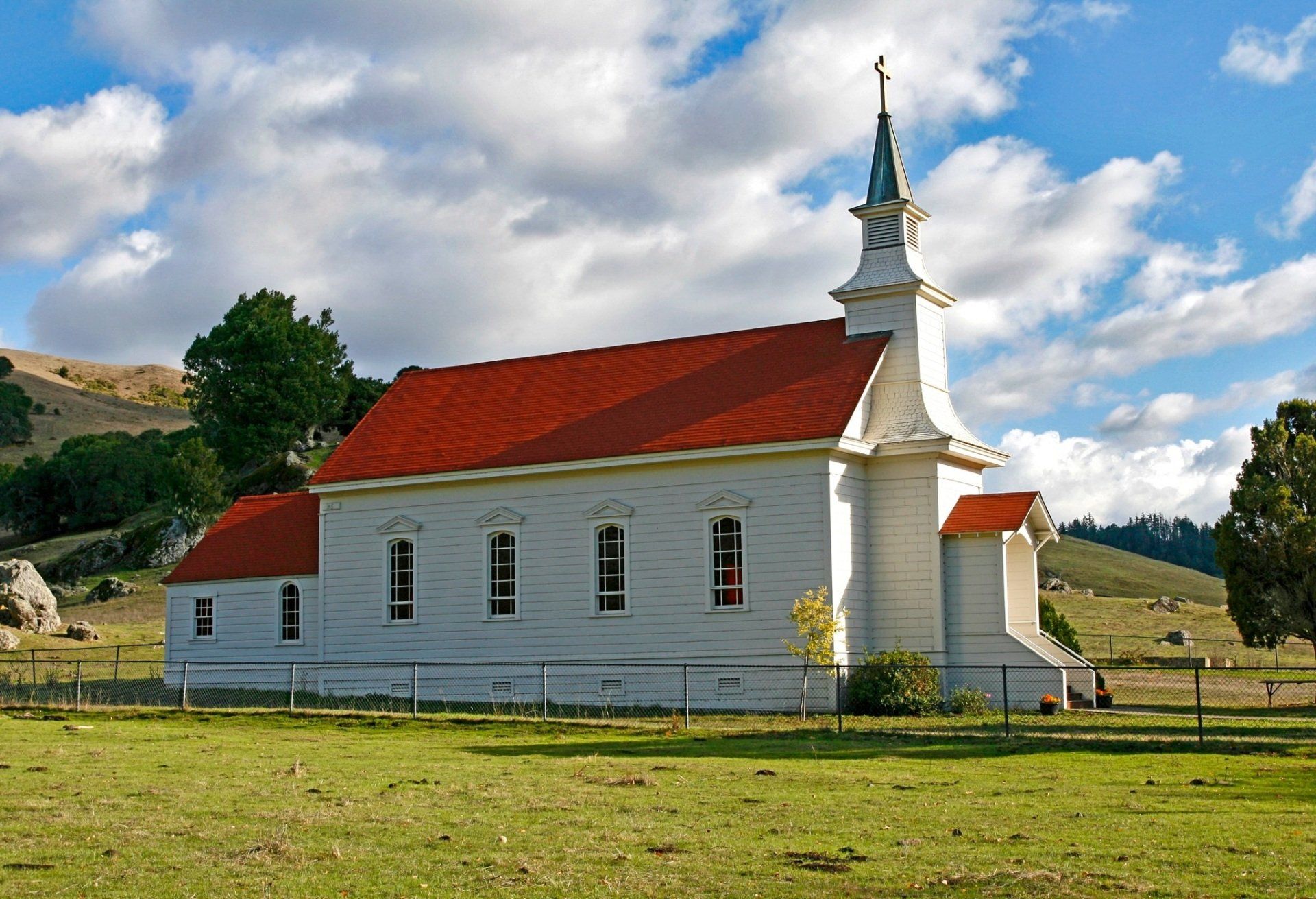The Moment Christianity Changed the World
Historian Tom Holland Cites One Moment in which Christianity Changed Everything
The Moment Christianity Changed the World
The eminent British historian, Tom Holland—not to be confused with Spiderman—argues in his wonderful book, Dominion, that a real turning point in history was reached in 50 A.D. when the Apostle Paul arrived in Galatia in what is modern day Turkey. He brought with him a message that would revolutionize the world.
According to Holland, Galatians had immigrated in about 300 B.C. from Gaul—hence the name. They were a people largely defined by their aptitude for violence. “Tall, red-haired, and prone to fighting in the nude, they had made their living out of their talent for inspiring terror.” Then the Romans arrived and put an end to it all. The Galatians entered a new era of peace and prosperity, accompanied by a unifying factor—the worship of Caesar, the divine Augustus. The major highway through the region was named for the Emperor. His image was everywhere and inscriptions celebrating his greatness were on every public building.
The cult of emperor worship held society together and gave the Galatians a satisfying religion to replace the old gods. Emperor worship held that strength and dominance were the preeminent human qualities and that the goal of life was to triumph over other men and put them in the shade.
Into this world came a strange little man. Saul, now called Paul, had grown up in Tarsus just south of Galatia. He had been a ferocious Jew, going so far as to persecute the religious group known as “The Way,” whose members were called Christians—little Christs. But in the midst of his campaign against the new faith he had had a dramatic experience. He was knocked off his donkey and heard the voice of Jesus Christ. “Why are you persecuting me?” the Lord asked. Saul, himself, became a follower of Jesus and became one of the greatest of the missionaries spreading the news about the risen Messiah.
Now he had come to Galatia. Into a world with a violent history, adherents to the most powerful cult of the ancient world, the worship of Caesar. A cult that stressed power, and dominance over one’s enemies and everyone else. “Command and swagger were the very essence of the cult of the Caesars.”
Paul was the bringer of a radical new religion. First of all, he scorned the worship of the emperor. The Jesus Christ that Paul preached did not share His sovereignty with other deities. There were no other deities. The emperors were not gods—they were mere men and were now dead and facing the judgment of the true God. But so far as the Galatians were concerned it got worse. Paul preached that the Son of God, this Jesus, had suffered and died on a Roman cross. He had bled for the salvation of all men and women. This was unthinkable to the Galatians, and to the Romans, and also to the Jews. It is unthinkable to many today.
Holland raises the question; why would anybody in Galatia believe this message? To embrace it was to court danger—people were being killed for it. It also meant to deny the very glue that was holding society together—the glue of emperor worship. Yet, as Holland observes, many did believe Paul’s message. He summarizes it all with a remarkable paragraph. Paul’s message was universal. It was not tribal nor ethnic nor sectarian in any way. It applied to every single person who heard it. It went far beyond anything anyone had proclaimed before. It was more than Jewish morality, Greek philosophy, or emperor worship. Paul was a person without position, or status, or reputation in the affairs of the world. Yet his message that the law of God could be inscribed on the human heart, written there by His Spirit, became the most influential, the most transformative, the most revolutionary ever written. “Across the millennia and in societies and continents unimagined by Paul himself, their impact would reverberate…[It] would come to suffuse and entire civilization.” Holland considers this a moment when the Christian Gospel changed the world. The Christian faith is a religion of the heart. It aims to change hearts. And that’s what makes it unique and powerful.
Sometime ago I was watching on British television an interview with Holland. The interviewer asked him, “What do you think Paul saw on the road to Damascus.” Holland answered, “I think he saw Jesus Christ.” I think he’s right. Paul saw Jesus Christ. And I think Holland is beginning to see Him, too. I pray you see Him as well.
Thanks for listening. May the God of our Lord Jesus Christ and of the Apostle Paul bless you this day in a mighty way.
bbbbbbbbb
More resources: The interview with Tom Holland and N.T. Wright: https://www.youtube.com/watch?v=nlf_ULB26cU&t=85s
Playlist on the Triumph of Christianity: https://www.youtube.com/watch?v=P_Zk1Kk7m4Y&list=PLkHlTST983SpujnPAjgOE2AsDzsEBKkxh
Tom Holland’s great book, Dominion, can be found here https://www.amazon.com/Dominion-Christian-Revolution-Remade-World-ebook/dp/B07NCY9RG9/ref=tmm_kin_swatch_0?_encoding=UTF8&qid=1651854667&sr=1-1
Holland’s book is over 600 pages long. If that’s a bit daunting I have a 22-page synopsis on my website in the blog section: https://www.the401stprophet.com/blog-search?searchTerm=dominion










